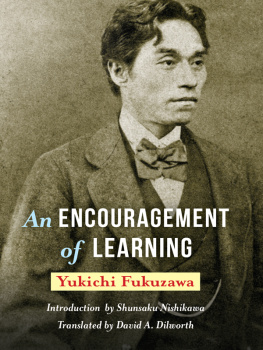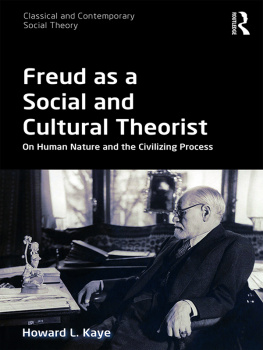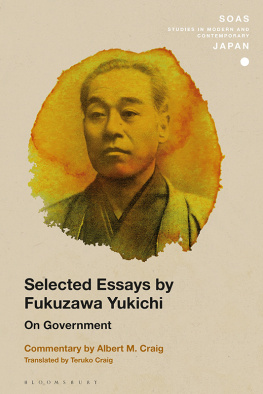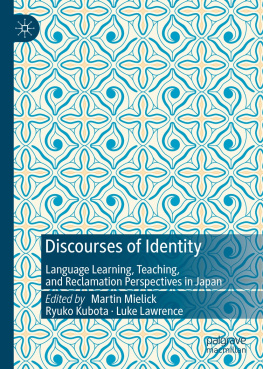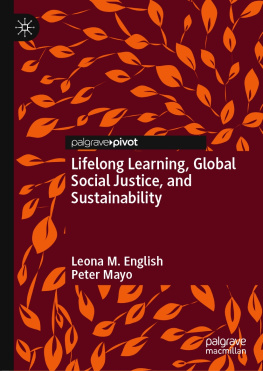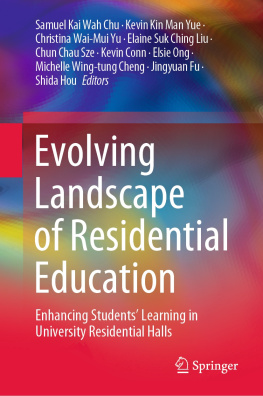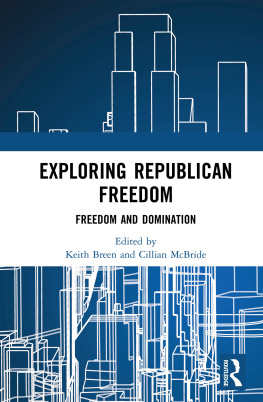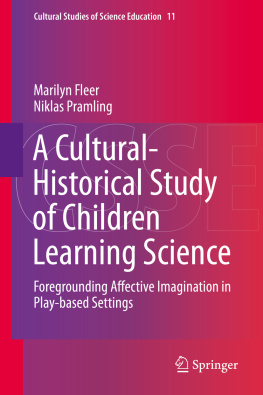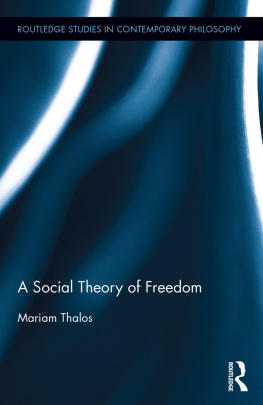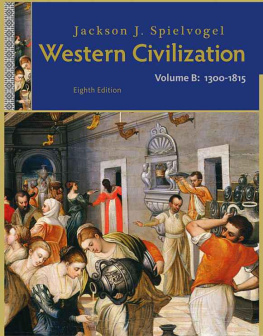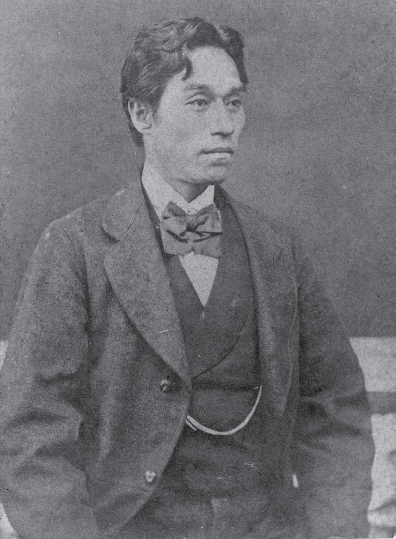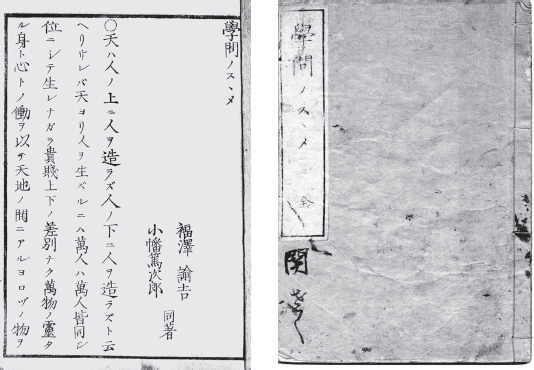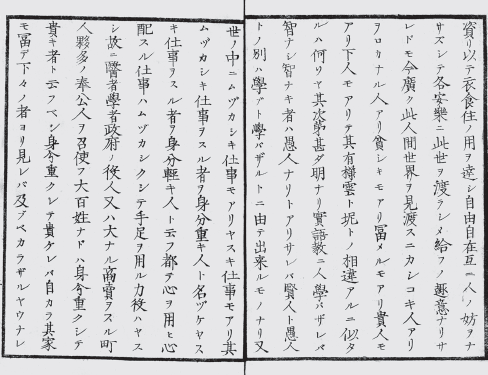Fukuzawa Yukichi, 1876 (Meiji 9)
of An Encouragement of Learning, published as a pamphlet in 1873 (third edition. The first edition was originally published in 1872).
An Encouragement of Learning (pp. 23)
The frontispiece: All images are reproduced with the permission of the Fukuzawa Memorial Center for Modern Japanese Studies, Keio University.
An Encouragement of Learning
Fukuzawa Yukichi
An Encouragement of Learning
Translated by
David A. Dilworth
Introduction by
Nishikawa Shunsaku
Columbia University Press
New York
Columbia University Press
Publishers Since 1893
New York Chichester, West Sussex
cup.columbia.edu
Copyright 2012 Keio University Press
All rights reserved
E-ISBN 978-0-231-53661-5
First published as seventeen pamphlets from 1872 to 1876.
First translated into English by David A. Dilworth and Umeyo Hirano, published by Monumenta Nipponica/Sophia University Press in 1969.
Revised translation in 2012 by David A. Dilworth.
Library of Congress Cataloging-in-Publication Data
Fukuzawa, Yukichi, 18351901
[Gakumon no susume. English]
An encouragement of learning / Fukuzawa Yukichi; translated by David A. Dilworth; introduction by Nishikawa Shunsaku.
pages cm
Includes bibliographical references and index.
ISBN 978-0-231-16714-7 (cloth : alk. paper) ISBN 978-0-231-53661-5 (e-book)
1. EducationPhilosophy. 2. EducationJapan. I. Dilworth, David A., 1934 translator. II. Title.
LB775.F81313 2013
370.1dc23
2013008827
A Columbia University Press E-book.
CUP would be pleased to hear about your reading experience with this e-book at .
Cover Design: Noah Arlow
Cover Image: Fukuzawa Yukichi, courtesy of the Fukuzawa Memorial Center for Modern Japanese Studies, Keio University
CONTENTS
Among his acclaimed collections, the 20th-century Japanese artist Hirayama Ikuo produced a series of paintings depicting the monk Xuanzang (602664) and fellow Buddhist pilgrims, with their camels carrying precious cargoes of Mahayana sutras, as they crossed the searing sands, high mountain-passes, and deep valleys from India to China. The story of these arduous west-east journeys along the Silk Road, and of the following decades of translation of the teachings of the Dharma into Chinesein due course affecting a significant penetration into the East Asian cultural matrixremains as a preeminent example of efficacious globalization in premodern history The influence of this cross-cultural passage was to have a far-reaching impact on the internal latticing of Japanese cultural history, and, through Japan, extends to our ever complexifying world-civilization today.
Without too much of a stretch of the historical imagination, the career of Fukuzawa Yukichi (18351901) can be considered to have contributed to the dynamics of inter-civilizational encounters analogous to that of Xuanzang. His three storm-tossed voyages before the Meiji Restoration to the United States and to Europeand subsequent self-appointed mission of producing informative writings to a Japanese people cut off by thousands of miles of uncharted oceans to the West and hemmed in by hundred of years of national seclusion at homenow symbolize another potentially momentous set of globalizing initiations. In retrospect we see that he flourished at a tipping point. Moreover, he accomplished what arguably remains peerless in comparison with any contemporary Asian or Western writer of the 19th and even possibly of the 20th centuries: his career profile consists of the twin credentials of being a prescient Japanese nationalist and the first, substantively speaking, international historian and East-West philosopher.
Fukuzawa even achieved a degree of self-consciousness of his historically maieutic role. As a leader among the pioneers of Westernization in the early years of the Meiji Period, he expressed an uncanny sense of the trend of the times. With that sensitivity he succeeded in writing the philosophical script for the multi-layered modernization of Japan in the late 19th century. But again, adapting the phrase of Ralph Waldo Emerson, we are entitled to call Fukuzawa a Representative Man, whose descriptive, theoretical, and journalistic writings prognosticated exemplary transformations of the cultural symbolics of a range of the worlds civilizations in their modernizing phases.
Chief among Fukuzawas representative writings is Gakumon no susume (An Encouragement of Learning), a collection of 17 pamphlets he published during the crucial early Meiji Period years of 187276. Fukuzawa wrote this best-selling work at a popular level, and there is every reason to believe its charming simplicity and clarity of message remains universally attractive today. It takes time to appreciate the world-formative character of the great classics; in a hundred and fifty years Fukuzawas An Encouragement of Learning is even now gaining its place among the permanent legacies of Asian intellectual history. Like one of the high mountains passed by Xuanzang and his fellow Buddhist monks, it looms larger as it recedes in the distance.
The original Kyoto co-translations of almost forty years ago of Fukuzawas principal philosophical works have thus been reborn in these present two Tokyo redactions. They are the result of several years of gracious encouragement from Mr. Sakagami Hiroshi, Chairman of Keio University Press, and of sustained interaction with his brilliant staff, principally among whom were Ms. Katahara Ryoko, who took over the revision of

